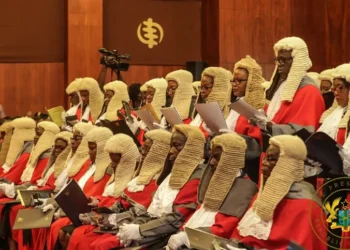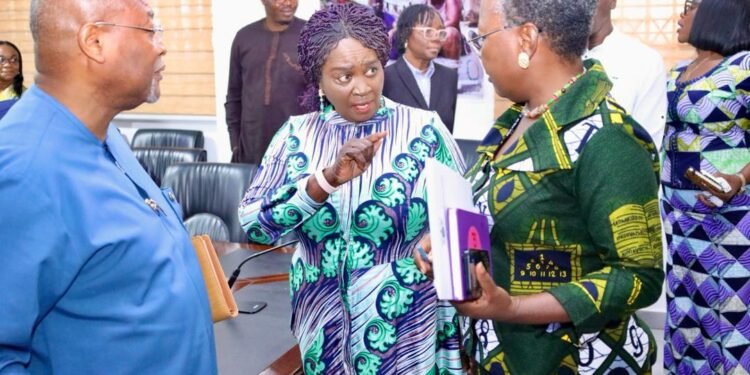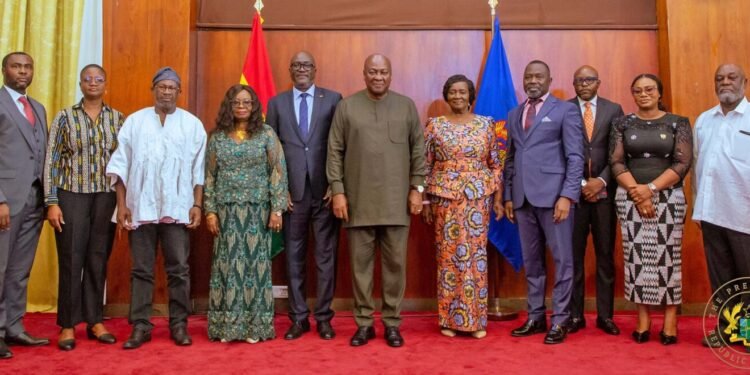President Nana Addo Dankwa Akufo-Addo has assented to the law of the Wildlife Resources Management Act, 2024 (Act 1115), which aims to revise and consolidate all laws relating to wildlife and protected areas in Ghana.
This act, sponsored by the Ministry of Lands and Natural Resources, was passed by Parliament on July 28, 2023, and assented to by the President. The Wildlife Resources Management Bill had been pending for over 15 years, having been laid before the fifth, sixth, and seventh Parliaments before being passed by the Eighth Parliament.
“Among others, the new law brings Ghana’s wildlife law in conformity with existing policies in the sector and provides for the implementation of international conventions on wildlife to which Ghana is a signatory. It provides for a new management structure to give legal backing to the involvement of local communities in wildlife management through the creation of Community Resources Management Areas (CREMAs) and provide higher penalties and sanctions regime for wildlife offenses, deterrent enough to protect our wildlife resources.”
Samuel A. Jinapor, Ministry of Lands and Natural Resources
The law also mandates the implementation of several international wildlife conventions, including the Convention on Wetlands of International Importance Especially as Waterfowl Habitats (RAMSAR), 1971, the Convention on International Trade in Endangered Species of Wild Fauna and Flora (CITES), 1973, the Convention on the Conservation of Migratory Species of Wild Animals (BONN), 1979, and several indicators in the Sustainable Development Goals (SDGs).
The Ministry of Lands and Natural Resources, led by Minister Samuel A. Jinapor, expressed its commitment to the effective implementation of this legislation for the efficient and progressive preservation and management of wildlife resources in Ghana, emphasizing transparency, integrity, and good faith for the benefit of Ghanaians.
This commitment is crucial for ensuring that the benefits of wildlife management are shared equitably among all stakeholders, including local communities. It also aims to build trust and confidence in the management of wildlife resources, which is essential for the long-term sustainability of these ecosystems.
Wildlife Management Act Impact on Local Communities
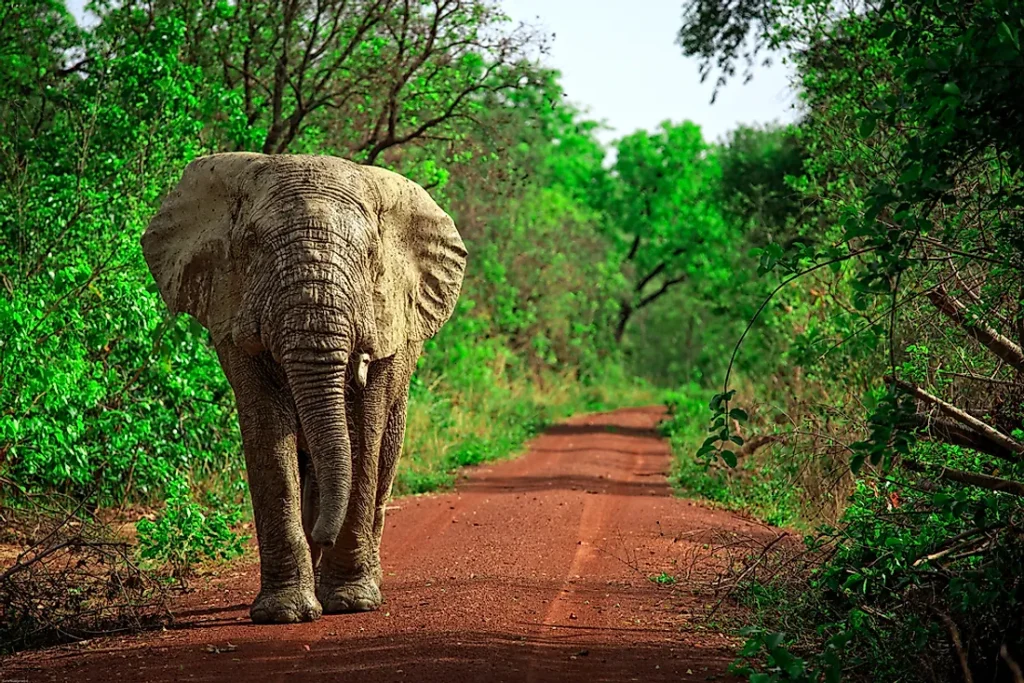
The Wildlife Resources Management Act, 2024 (Act 1115) will significantly impact local communities involved in wildlife management.
The Act established a higher penalties and sanctions regime for wildlife offenses. This deterrent is intended to protect wildlife resources more effectively by discouraging illegal activities that could harm wildlife populations and their habitats.
The increased penalties aim to ensure that those who engage in illegal wildlife activities face severe consequences, thereby safeguarding the ecosystems and the livelihoods of local communities that depend on them.
The Act also mandated the implementation of several international wildlife conventions to which Ghana is a signatory. This includes conventions like RAMSAR, CITES, and BONN, as well as indicators in the Sustainable Development Goals (SDGs).
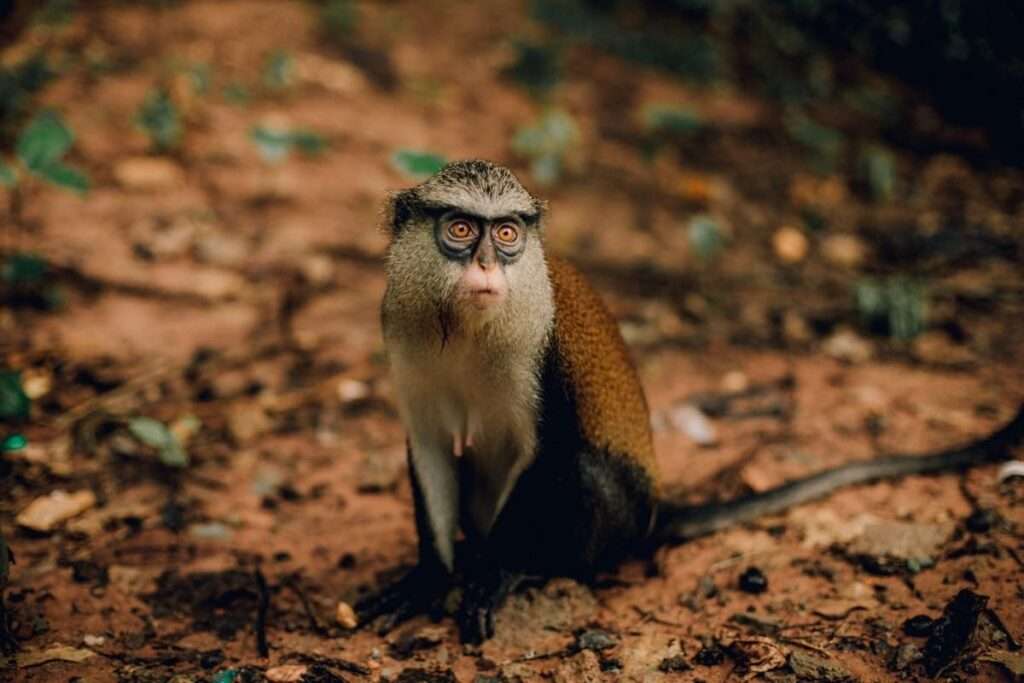
By adhering to these conventions, the Act aims to align Ghana’s wildlife management practices with global standards, ensuring that local communities’ involvement in wildlife management is in line with international best practices.
The Wildlife Resources Management Act, 2024 will enhance the role of local communities in wildlife management, introduce stricter penalties for wildlife offenses, align Ghana’s practices with international conventions, and emphasize the importance of transparency, integrity, and good faith in the management of wildlife resources. These measures are expected to contribute to the efficient and progressive preservation and management of wildlife resources in Ghana, benefiting both the environment and the local communities that depend on these resources.
READ ALSO: Kpone Katamanso To Boycott Elections In Light Of Underdevelopment







